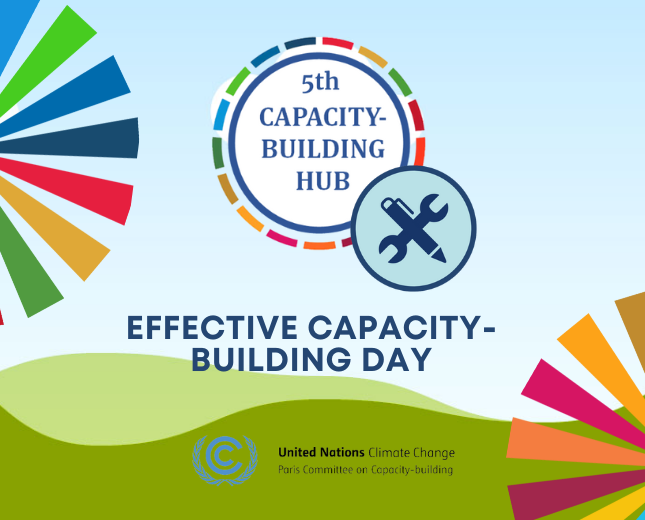Recording
Organizers
This event was organized by Food and Agriculture Organization of the United Nations (FAO)
Background
The Economic and Policy Analysis of Climate Change (EPIC) programme of the FAO Agrifood Economics and Policy Division (ESA), was created to fill the gap between research and action in the interactions between climate change, agriculture, and food security. We work with governments, research centers, universities, and other institutional partners to build evidence on climate change adaptation and mitigation for enabling agrifood systems transformation EPIC conducts on-demand training and capacity building workshops to interested partners who wish to use the EX-ACT tool, including decision-makers and national and international experts. The length and scope of each workshop depends on the specific needs of participants.
In the agricultural sector globally, there is a rising need for assistance in evaluating and executing both mitigation and adaptation measures, along with understanding and adhering to the IPCC guidelines for greenhouse gas (GHG) accounting. These capacity-building requirements are demanding due to the technical nature of the subjects. Developing effective strategies for imparting technical knowledge to diverse audiences, with a particular focus on non-expert stakeholders, is thus central to successfulness of the capacity building activities.
EPIC has been instrumental in conducting on-demand training and capacity-building workshops, tailoring its approach to suit both expert and non-expert audiences, ranging from government representatives and NDCs focal points, to farmers and farmer organizations. Leveraging on this experience, the event aims to highlight practical insights and success stories on how to effectively transfer technical knowledge in climate change-related fields to all type of audiences, including those lacking an advanced technical background. The session had a specific focus on capacity-building for GHG accounting and climate mitigation, with a strong emphasis on lessons learned. EPIC presented key insights into the team's experience in delivering the training to various audiences and shared the inputs from numerous responses provided to the post-training evaluation questionnaires, demonstrating the successfulness of the capacity-building activities over time. This helped in understanding what shapes the real-world outcomes of training and showed how to ensure that investments in capacity-building yield tangible benefits.
Objectives
- Creating a space for knowledge sharing to address the pressing challenges of capacity-building in climate change, with a particular focus on assisting non-expert audience
- Raising awareness on the need of implementing effective capacity building for all types of audience
- Highlighting experiences and insights from EPIC team's expertise in delivering technical training on the use of the EX-ACT tool
Structure
| Time |
Segment |
| 10 mins |
Opening remarks |
| 10 mins |
Survey |
| 20 mins |
Open floor discussion |
| 10 mins |
Sharing vision, insights, and experiences |
| 10 mins |
Q&A
Closing remarks |
Speakers
| Speaker |
Affiliation |
|
David Laborde
|
FAO |
| Sandra Guzmán Luna |
GFLAC |
| Amanda McKee |
NDC Partnership |
| Yoko Lu |
PCCB
|
| José Vilialdo Diaz Diaz (Remote) |
FAO |
| Ann Kinya (Remote) |
Farm Forestry Smallholder Producers Association of Kenya |
| Joanna Ilicic (Remote) |
FAO |
Moderators
David Laborde, FAO
Joanna Ilicic, FAO
Key Outcomes
- Non-technical audiences are key actors in ensuring that the climate crisis is faced effectively and equitably in the coming years.
- Smallholders, women and youth don’t just “deserve” a voice, but are to be taken as catalyzers of significant climate action to ensure a scale up of achievements.
- The different experiences of speakers show that there is still a lack of funding and engagement with non-technical audiences, but what works is contextualization and especially the long-term commitment to build and maintain capacity in non-technical audiences.
Resources
Economic and Policy Analysis of Climate Change
EX-Ante Carbon-balance Tool | EX-ACT
FAO e-learning Academy
